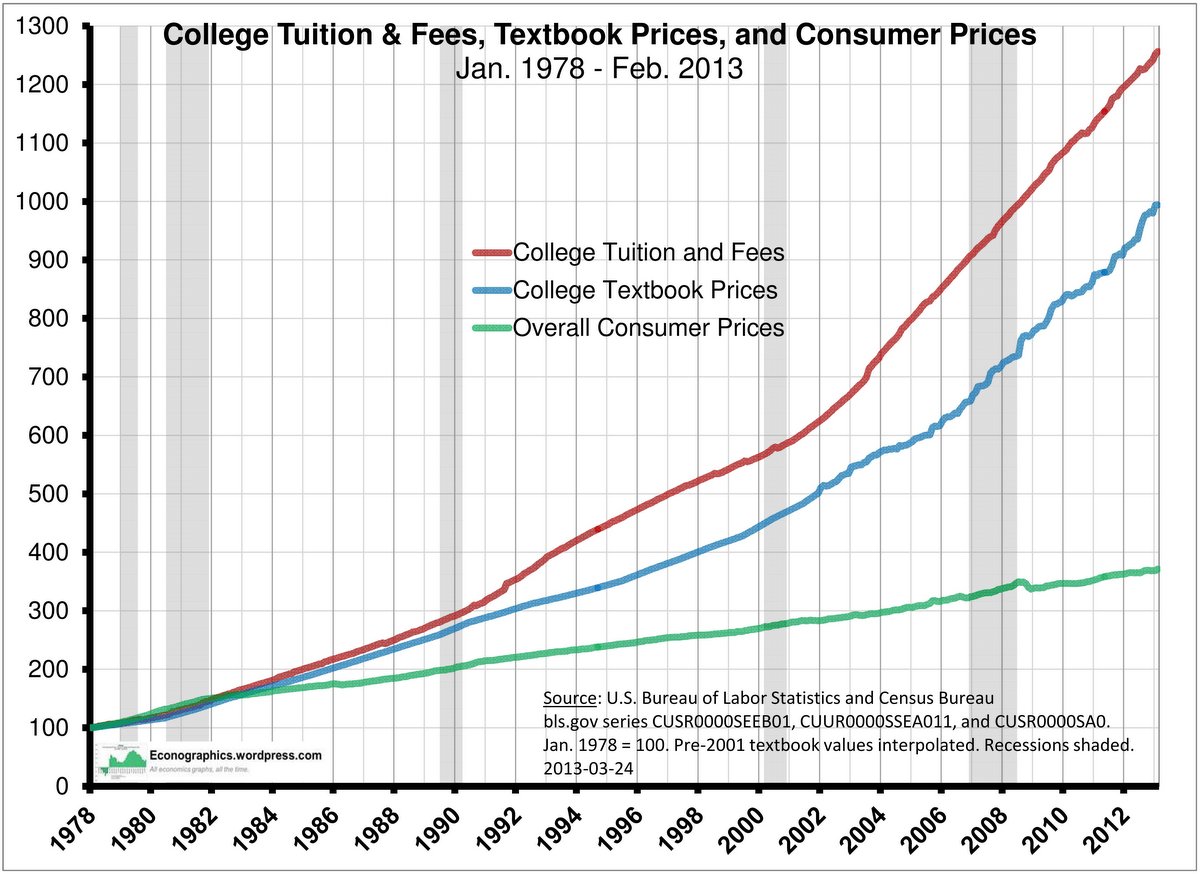By Authors Alliance co-founder Tom Leonard, University Librarian at the University of California, Berkeley.

Image derived from one by Mike Fernwood, used under a CC BY-SA 2.0 license.
Last Spring the view out the windows of the University of California Press was a glass-skinned energy lab dedicated to saving the planet. This fall, the Press’s move from Berkeley to Oakland completed, editors look out on a glass-skinned cathedral that is dedicated to saving souls. The Press now wants to use both technology and exaltation to save the book.
Not all books, but simply the good ones that scholars write to be read. These need saving. Today, most original scholarship, well written and edited, can expect book sales of only several hundred copies. A few score research libraries buy these books; they are not easily found by anyone. Their authors would like to see their contributions to knowledge discovered, explored, and discussed, but all too often traditional publication models don’t serve these ends.
Indeed, if they are not available as e-books that easily pop into view, they join the ranks of the great unread. We used to use that term for volumes that had slept quietly in the stacks for decades because they were off the reading lists of the academy. Shorter press runs and high prices needed to cover fixed costs commit more books to this fate than ever before.
Most university presses face this challenge. National organizations such as the Association of American Universities and the Association of Research Libraries have sketched ways to save the long arguments that are uniquely supported by books. Mellon and other foundations have worked with the Association of American University Presses to find solutions. As a veteran of many big think meetings on this problem, I have found the good will a sign of the health of higher education. But what we have not had until now is a first mover with a sustainable business plan. UC Press is now taking the lead (a judgment that I do not believe is biased by my service on their Board).
Alison Mudditt and her deputy director Rebekah Darksmith have stepped over the morass of platforms and ways to “capture reader eyeballs” for press output that has slowed other publishers. UC Press will find high-tech partners to produce e-books. The Press, however, will control the selection and editing, maintaining its stringent standards and removing any impression that the author’s vanity is the true driver. Books will be “free at launch” as an e-book. The open access (OA) book will display on the platform of the reader’s choosing. These titles will be marketed, supported for awards submission, and available in a print on demand (paper) copy at an attractive price.
UC Press figures that books it publishes in traditional editions cost $34,000 to produce, warehousing and distributing paper being a significant part. This will continue to be the path for many Press titles. The new OA approach for perhaps 15 titles in 2015, looks to be a $14,000 investment per title. That sum can be captured from the subsidies that are now going to produce these volumes with a paper edition only, the costs that Libraries would willingly contribute because they are now pointing readers to resources that are free and not always making purchases, and from the revenues that will flow from print on demand revenue. As is the case today, the author too will be tapped and so her dean or department will be asked to support the publication. UC Press will be building a fund to help authors, particularly important for independent scholars.
This will take some getting used to. But long arguments in the social sciences and humanities do not have bright futures if left to the business logic of scholarly book publishing. These books will not make the leap to an e-book reading culture. Today, after much hard work, most university presses gain no more than an eighth of their revenue from selling e-books. The market is not really telling them to find an alternative to high-priced traditional volumes with very low press runs; even though this approach disfavors the accessibility scholarly authors need in order to be read. There may have been gains in watchful waiting, but surely we have now banked all of these dividends. Today academic publishers need a first mover, as much to help these disciplines as to help themselves. A print-first/only model will, the Press has concluded, risk leaving these fields “out of the vibrant world of digital scholarship and debate.” Indeed, exaltation about scholarship is as important as the bottom line.


